Podcast: Play in new window | Download (Duration: 24:10 — 44.5MB)
What are antioxidants and why do you need them?
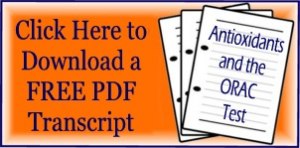
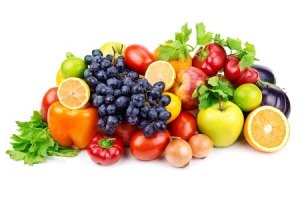 In this interview I will discuss antioxidants and the ORAC test with Jim Nichols, President of Brunswick Labs. Brunswick Labs is the company that tests various foods for their antioxidant capacity. The test is called ORAC.
In this interview I will discuss antioxidants and the ORAC test with Jim Nichols, President of Brunswick Labs. Brunswick Labs is the company that tests various foods for their antioxidant capacity. The test is called ORAC.
What is ORAC? (from Dr. Andrew Weil)
ORAC stands for oxygen radical absorbance capacity, a measure of the ability of a food or any other substance to quench oxygen free radicals in a test tube. Free radicals are unstable atoms or molecules generated in the course of normal metabolism that can strip electrons from other molecules, causing chain reactions of oxidative damage. Cumulative damage of this sort probably accounts for many of the degenerative changes of aging and for a lot of age-related disease.
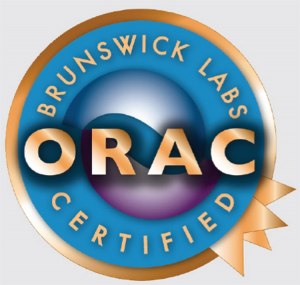 The ORAC test was developed at the National Institute on Aging (NIA), an arm of the National Institutes of Health. It assigns a score or value to a long list of fruits, vegetables and spices. As you might expect, high scores were awarded to brightly colored fruits and vegetables including blueberries and raspberries, some types of apples, and beans.
The ORAC test was developed at the National Institute on Aging (NIA), an arm of the National Institutes of Health. It assigns a score or value to a long list of fruits, vegetables and spices. As you might expect, high scores were awarded to brightly colored fruits and vegetables including blueberries and raspberries, some types of apples, and beans.Some studies have shown that antioxidants in foods can boost the antioxidant power of the blood. In studies at the Jean Mayer USDA Human Nutrition Research Center on Aging in Boston researchers found that 10 ounces of fresh spinach produced the biggest increase in blood antioxidant scores in women. While “ORAC” and “antioxidant” are different, eating a combination of foods that have demonstrated high ORAC scores has also boosted blood antioxidant scores. ORAC researchers at the Jean Mayer Center suggest that increasing daily intake to between 3,000 and 5,000 ORAC units seems to have a significant impact on plasma and tissue antioxidant capacity.
If you like, you can choose your foods based on the ORAC scale, but it’s only part of the picture in a healthy diet. While healthy foods tend to have high ORAC scores, simply having high scores in a lab does not necessarily indicate high antioxidant activity in the body, and I think you can avoid the math and get the same health benefits by sticking to my top choices of foods and eating them often. These include:
Green vegetables (which contain lutein and zeaxanthin, carotenoid antioxidants that can protect aging eyes from developing cataracts and macular degeneration):
- spinach, collards, kale
Cruciferous vegetables (contain antioxidants and other phytonutrients that reduce cancer risk):
- broccoli, cabbage, Brussels sprouts, cauliflower, turnips
Orange/yellow fruits and vegetables (rich in carotenoids that protect the immune system):
- sweet potatoes, carrots, mangoes, apricots
Red pigmented fruits (contain lycopene, a powerful antioxidant that helps fight heart disease and some types of cancer, particularly prostate cancer):
- tomatoes, watermelon, papaya, pink grapefruit
Blue/purple fruits and vegetables (these hues come from anthocyanins, phytochemicals that protect against carcinogens and may help prevent heart disease):
- blueberries, purple grapes, red cabbage, beets, plums
And don’t forget about green and white tea, dark chocolate and red wine, all very high in antioxidant activity. If you check the ORAC score of these foods, you’ll find they rank high.
Andrew Weil, M.D. (Source Link: CLICK HERE)
About James G. Nichols
Jim Nichols is the founder and president of Brunswick Labs. Jim spent over 40 years in the Medical Device and Laboratory Instrument Industry, spending multiple years in the areas of blood gases/blood chemistry, peritoneal dialysis, prostate and breast cancer, vision assessment and correction, and cardiac assessment and emergency life saving(CPR) apparatus, as well as the past 10 years in nutrition and wellness.
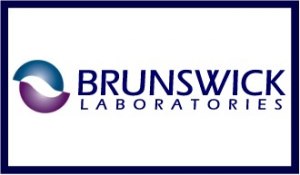





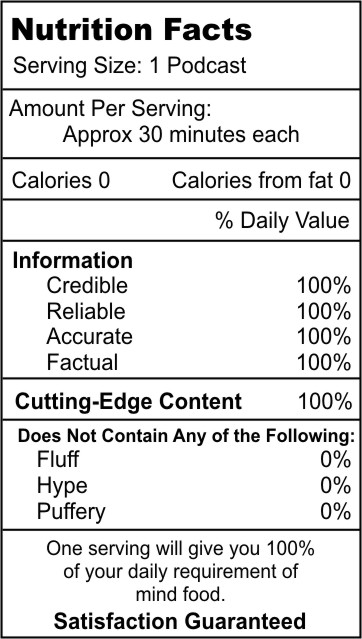




{ 2 comments… read them below or add one }
Thank you Steve for sharing such an informative and interesting discussion! I am a distributor for NuSkin/Pharmanex. The company has the exclusive patent for the Biophotonic Scanner which measures the level of carotenoids in the body. Dr. Oz featured it on his show a couple of years ago. Not sure if you’re familiar with it…but my question to you is do you believe we can efficiently absorb enough antioxidants through our food as opposed to taking supplements? I do both, the Pharmanex supplements guarantee an increase in your scanner score. I am now off the chart with my levels of antioxidants and feeling like a 30 year old at the age of 59. I am NEVER sick…ever!
I think good foods are the foundation for good nutrition. Supplements are a powerful way to add concentrated nutrients including antioxidants. Absorption is complex and varies with individuals. The best nutritional program is the one that works best on an individual basis with each person having unique nutritional needs.